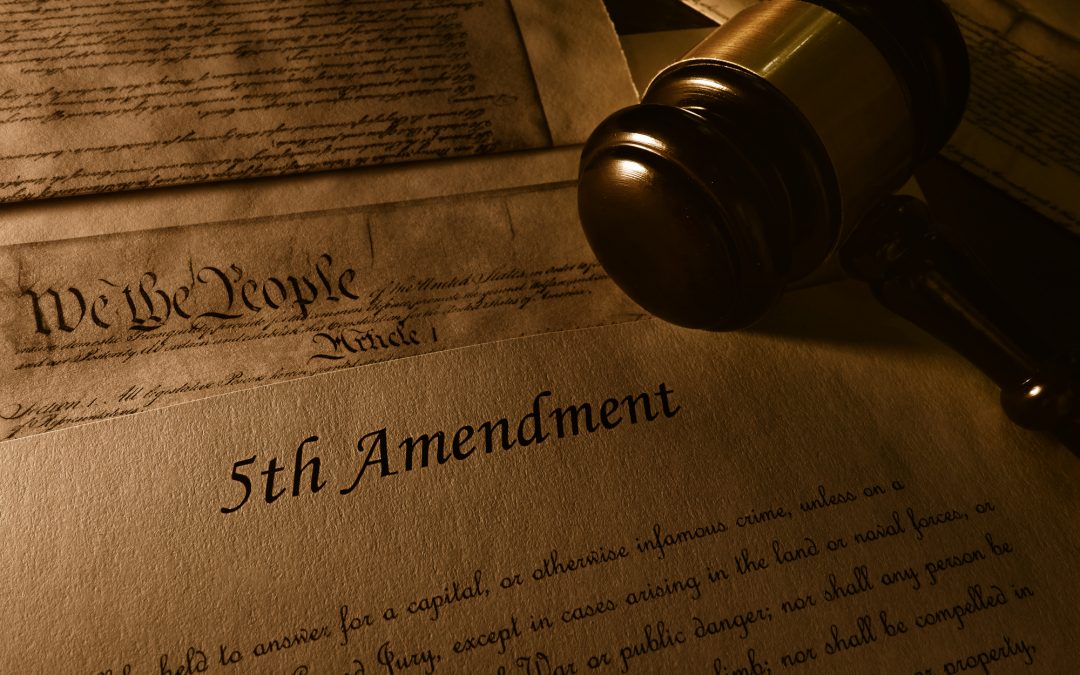In recent weeks Donald Trump’s newly retained attorney, Rudy Giuliani, has implied that his client may decline to be voluntarily interviewed by Special Counsel Mueller and his team of attorneys. Thus, Mueller could attempt to force his hand using the power of a grand jury subpoena. The subpoena would mandate that Trump appear at the grand jury to answer questions under oath. If Trump is ready to decline the invite for an interview, then it is certain that he definitely want to avoid questioning during a grand jury proceeding.
In recent interviews, Giuliani, has hinted at the possibility that Trump could quash a grand jury subpoena by exerting constitutional protections as guaranteed by the Fifth Amendment. The Fifth Amendment, amongst other things, protects individuals from actions that would incriminate themselves. This includes answering questions that could potentially implicate them in criminal activity. The privilege must be asserted in a timely manner or it will be considered waived.
Thus, if Trump’s team of attorneys successfully argue that the questioning will or could possible cause their client to answer in a way that directly or indirectly incriminates him, then he can avoid the grand jury hearing. However, the Government has the power and the ability to eliminate this privilege.
The Government has the power to grand immunity to the subject of the subpoena. Thus, the argument of self-incrimination disappears, because there would be no consequences resulting from the answer. If Mueller were to grant Trump immunity, he would be mandated to answer questions and produce evidence, or face contempt of court proceedings. This scenario of Trump being granted immunity are slim to none though. Therefore, it appears that the Special Counsel’s investigation could be headed toward a stand-off involving claims of Fifth Amendment protections.


